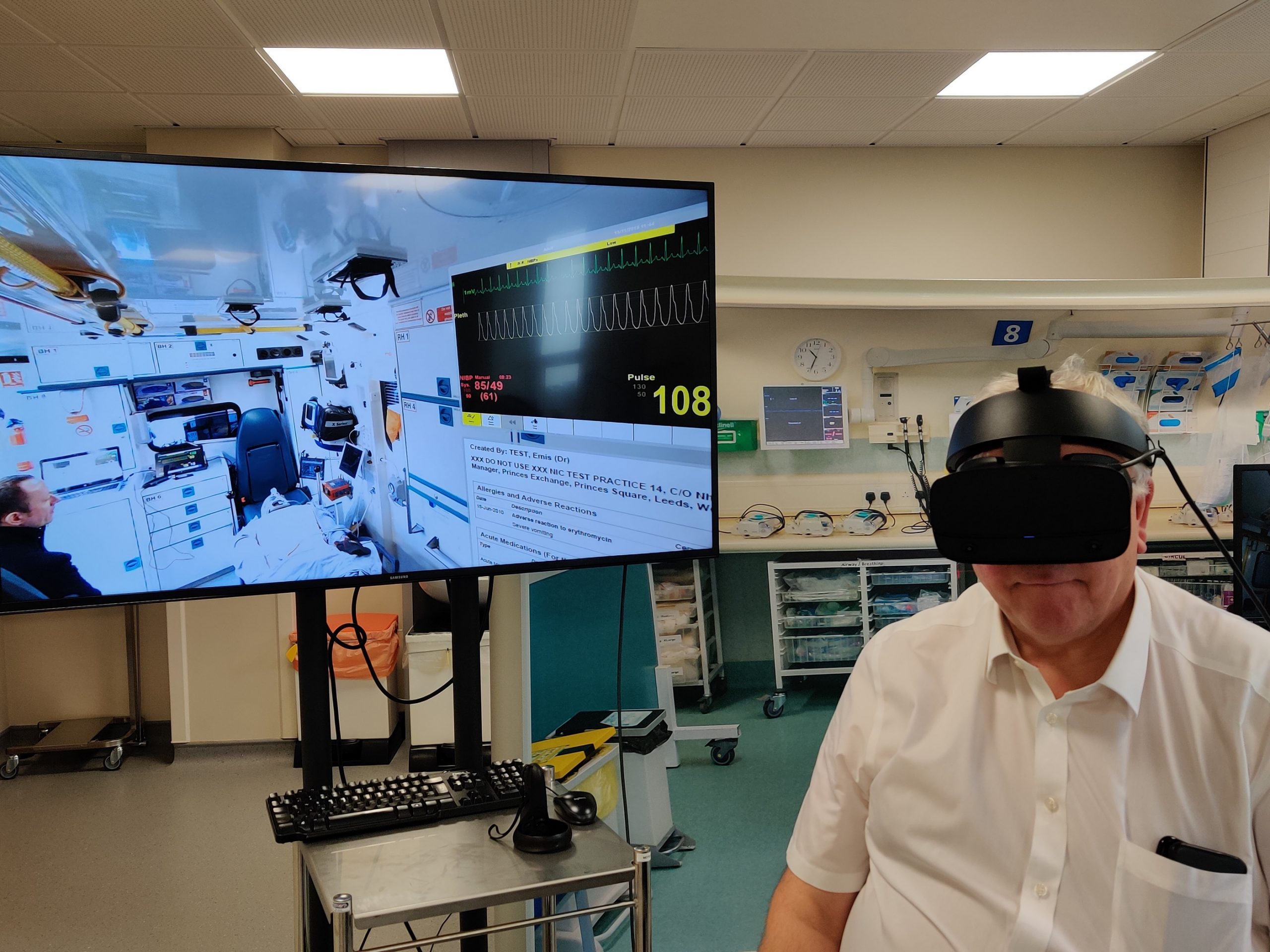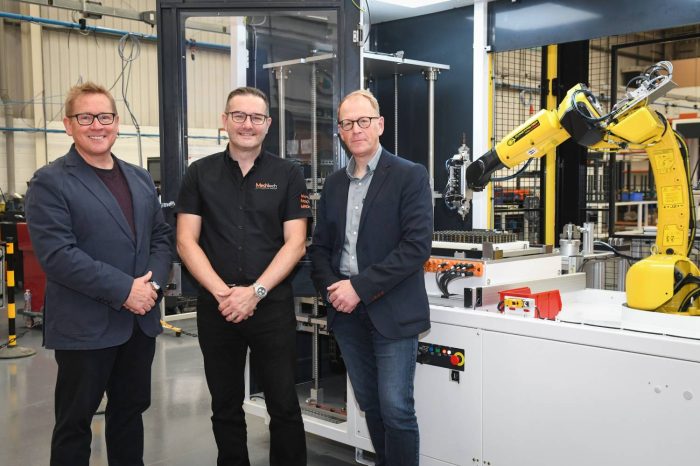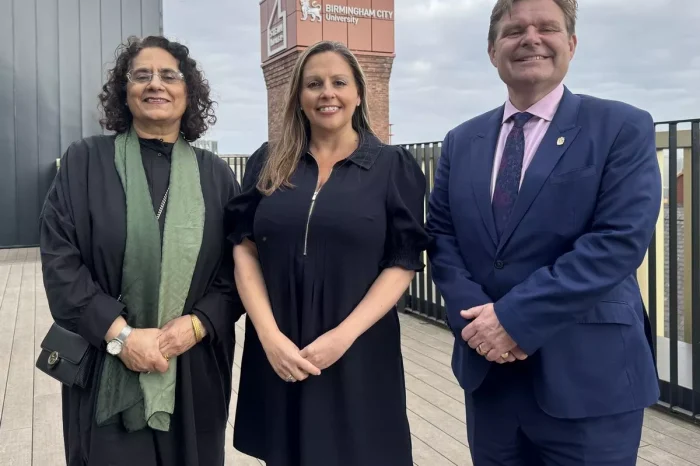West Midlands health tech programme attracts nearly £50m in private co-investment

Aston University, as a partner of the West Midlands Health Tech Innovation Accelerator (WMHTIA), has contributed to attracting almost £50 million in private co-investment during the programme’s first two years.
The accelerator initially received £14.5 million from the Innovation Accelerator programme, led by Innovate UK on behalf of UK Research and Innovation and the Department for Science, Innovation and Technology. Since then, £49.4 million in private co-investment has been secured, including £36.3 million in direct funding from investors into supported enterprises.
The level of investment means that for every £1 of public funding, the WMHTIA has secured £3.40 from private sources—well above the 2:1 target set for the Innovation Accelerator scheme. The funds are enabling companies to bring healthcare technologies closer to market, with the intention of accelerating patient access.
Aston University became a delivery partner in 2023, joining 20 other organisations across academia, the NHS, and industry. Its work includes the launch of SPARK The Midlands, a network designed to support the transition from medical research to clinical application. The network is the first UK branch of Stanford University’s SPARK programme. In March 2025, Aston University hosted the SPARK Europe Showcase, highlighting new medical technologies from European institutions to investors and industry representatives.
Academics from Aston’s College of Engineering and Physical Sciences are also working with regional partners to support the development of medical devices, offering access to analysis tools, artificial intelligence technologies, and design expertise.
A recent visit by West Midlands Mayor Richard Parker and MP Preet Gill featured technology demonstrations from regional innovators supported by the programme.
In addition to private funding, companies involved in WMHTIA have secured £10 million in public grants from national funders including Innovate UK, NIHR, and Eureka. Including these grants, the total investment generated since the original £14.5 million public fund now stands at £67.3 million.
Further support was confirmed in March 2025, with a new £30 million allocation to the Innovation Accelerator programme, including an extra £4 million for WMHTIA in 2025/26.
“The West Midlands Health Tech Innovation Accelerator has been transformational in joining up the region to ensure we give the region’s innovations the greatest chance of leading to patient benefit. At Aston University, we are proud to host the UK branch of Stanford University’s globally recognised preclinical accelerator and this is the quality threshold we think should be the de facto norm for our region. We have already enabled the formation of multiple new companies who have together raised well over £10m of follow-on funding and this is just the beginning. Together with the WMHTIA, we are building the future businesses that will be born in the Midlands, but will transform healthcare outcomes globally,” said Luke Southan, SPARK UK Director.
“We are supporting Health Tech startups through the highest risk stages of the innovation process so more technologies can reach deployment and improve health outcomes for patients. The private sector has invested over £49m in R&D activity through the WMHTIA, an incredible demonstration of how partnerships between academia, industry, and the NHS can contribute to the region’s economic growth. We look forward to building on this success with the new Local Innovation Partnership Fund,” added Adam Tickell, Vice-Chancellor at the University of Birmingham.
“Innovate UK are funding the Innovation Accelerator programme to empower locally driven innovation that is connecting local strengths and driving greater levels of business investment in R&D. This project brings together key partners from business, academia and the NHS to catalyse the development and adoption of new health technologies,” said Dean Cook, Executive Director of Place and Global at Innovate UK.
The WMHTIA is backed by the West Midlands Combined Authority and supports the development of technologies through funding, strategic partnerships, and direct company support.
Achievements at the programme’s two-year mark include:
- 114 health tech enterprises provided with tailored development support
- £2.48 million awarded in secondary grant funding
- 269 health tech enterprises engaged in the wider support network







